LENS
Unlikely Allies
Exploring a largely forgotten chapter of World War II
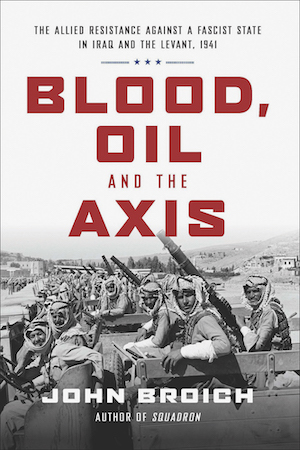
Several years ago, historian John Broich, PhD, was rankled to see controversial bus ads using an actual photo of Adolf Hitler speaking with a Palestinian Arab nationalist leader to falsely link Islam to Nazism.
The Islamophobic ads drove Broich, an associate professor at Case Western Reserve, to want to "set the record straight" about the pivotal role Muslim soldiers played in fighting for the Allies against the Axis powers of Germany, Italy and Japan during World War II.
Broich dove in and discovered a much broader and compelling story in the war's many, seemingly unlikely coalitions. "The world was divided into shades of gray," he said.
What emerged is Broich's new book, Blood, Oil and the Axis: The Allied Resistance Against a Fascist State in Iraq and the Levant, 1941 (Abrams Press). It examines the lesser-known alliances by telling the story of a desperate Allied effort (before the United States entered the war) to prevent the development of an Axis state in the Middle East.
The narrative is built from archival personal accounts, memoirs and unit histories, and weaves in the stories of a handful of people, including an intrepid interpreter for the British Army who was Palestinian and known only as Reading, and Freya Stark, a well-known British-born travel writer turned government agent who tried to build diplomatic goodwill between people in Britain and Arab lands.
Broich wants the book's readers to recognize that the war also was fought off the battlefields, as citizens around the globe wrestled with conflicting ideological and geographic allegiances.
"At its heart, [the book is] about a moment when nearly all the world's people had to choose between fascism and democracy and pluralism," he said.
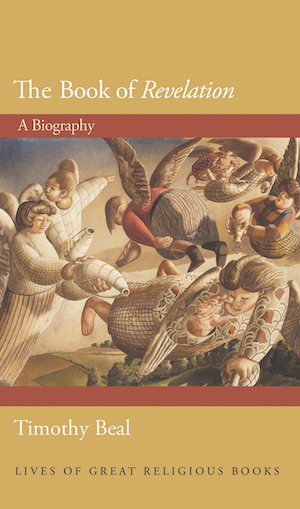
The Book of Revelation: A Biography (Princeton University Press) by Timothy Beal, PhD, interim dean of the College of Arts and Sciences and the Florence Harkness Professor of Religion. For nearly 2,000 years, the Book of Revelation has held particular significance for theologians with its fantastical stories. Beal examines the societal context of the text's creation, the mysterious prophet believed to have written it, and how renowned historical figures, including the medieval mystic St. Hildegard of Bingen and the father of the Protestant Reformation, Martin Luther, either have revered or reviled its apocalyptic visions.
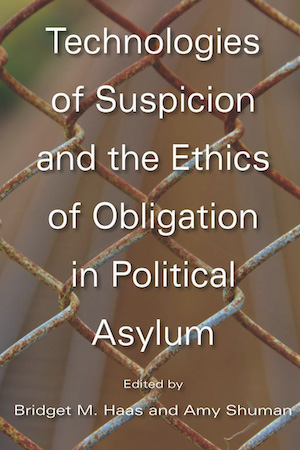
Technologies of Suspicion and the Ethics of Obligation in Political Asylum (Ohio University Press) co-edited by Bridget Haas, PhD (SAS '03), a postdoctoral research fellow and adjunct assistant professor of anthropology, and Amy Shuman, PhD, an English professor at The Ohio State University. The book, with chapters written by several authors, examines how asylum-seekers are viewed in countries to which they flee, and the tension between those who see them as a security threat and others who believe the host government has an ethical responsibility to have open borders. Haas authored a chapter on how U.S. immigration officials use different cultural and data sources when deciding if refugees can stay.
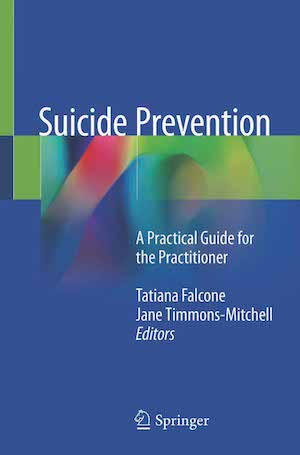
Suicide Prevention: A Practical Guide for the Practitioner (Springer) co-edited by Jane Timmons-Mitchell, PhD (GRS '80, '82, psychology), a senior research associate at the university's Begun Center for Violence Prevention Research and Education and clinical associate professor of psychiatry, and Tatiana Falcone, MD, an assistant professor at Cleveland Clinic Lerner College of Medicine. The book is a comprehensive resource for health care professionals that includes chapters by both editors and other authors. It describes chemical changes in the brain that can factor into suicides, groups at higher risk, and current methods used in hospitals and elsewhere to assess and treat people.
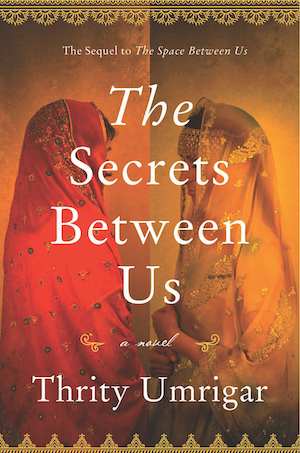 PHOTO:
PHOTO: The Secrets Between Us (Harper Collins) by Thrity Umrigar, a Distinguished University Professor in the Department of English. The book is a sequel to Umrigar's The Space Between Us, a novel chronicling the lives of an upper-middle class woman and her female servant, Bhima, in modern-day Mumbai. The sequel follows Bhima's path after her departure from the household as she tries to support herself and her granddaughter, despite being impoverished and illiterate. As Bhima's story unfolds, Umrigar describes the intersection of class and gender in India and the harsh realities that disadvantaged women often face.





